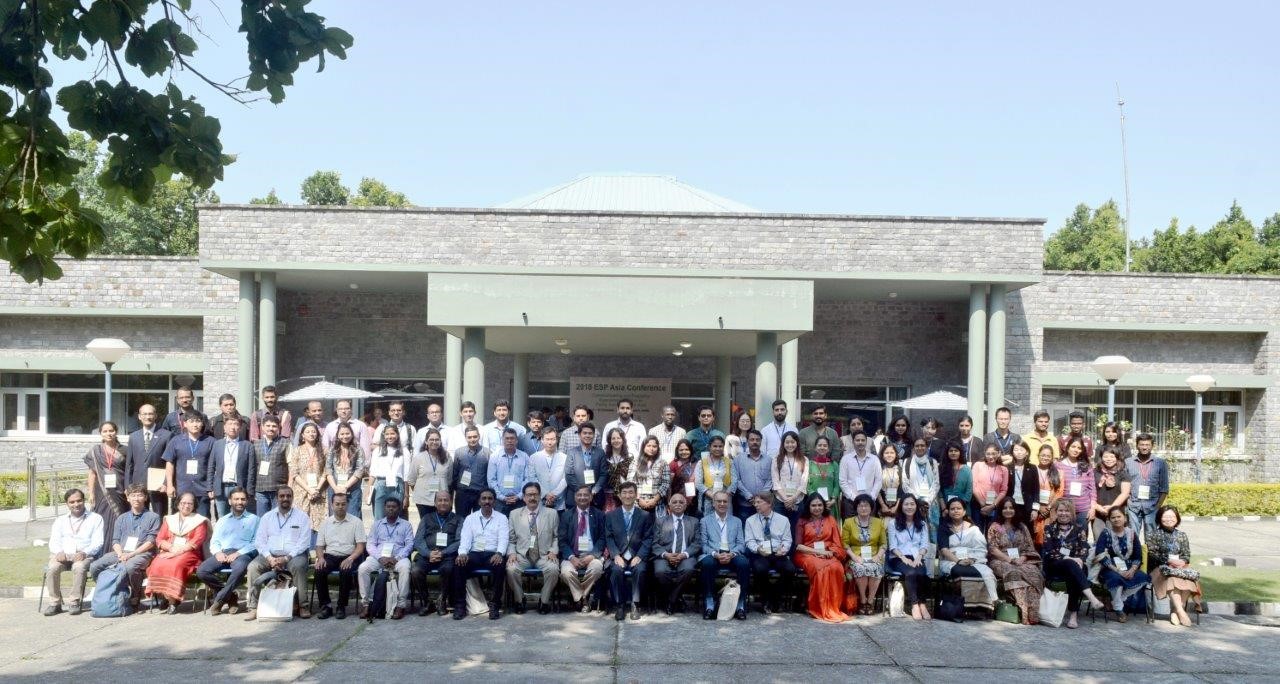2018 ESP Asia Conference has been successfully held at Wildlife Institute of India (WII) in Dehradun, India on 9-12 October. We would like to give thanks to everyone who kept the interest and attended the conference.
The opening comprised of the special ritual that shows the Indian culture. The conference had around 100 participants from 12 countries and 14 thematic sessions took place. For the first time at ESP conference, the ESP Asia Intergovernmental Meeting took place in the 2018 ESP Asia Conference. The delegates from 6 Asian Countries such as ROK, DPRK, Nepal, Vietnam, Philippines, and India came together to share the current trend in ES policy and implementation case study in each country. The second ESP Asia Intergovernmental Meeting will occur at ESP10 Conference in Hanover, Germany next year.
At the Talk Show with Pavan Sukhdev(keynote speaker), participants had a chance to ask him questions about ES and his keynote. Some participants were able to acquire the long-waited answers to the direction and method of their own research. 16 posters were presented in the Poster Session and through the evaluation poll, Ananta Kaur Kill, Wildlife Institute of India won the special prize, Galaxy Tab S4 sponsored by National Institute of Ecology, ROK.
The second ESP Asia Forum was held, followed by the first ESP Asia Forum at ESP9 Conference in China last year. There was a discussion on new members of Steering Committee and activities of ESP Asia Regional Office.
On the last day, there were two field trips to Rajaji National Park – Ganga River and Benog Wildlife Sanctuary – Mussoorie.
ESP Training that was co-conducted by Rudolf de Groot, ESP chair and ESP Asia RO took place on 8th Oct, the day before the conference. Its theme was “Valuing and Capturing the Benefits of Ecosystem Restoration”. 21 participants from 7 countries such as India, ROK, DPRK, Morocco, Nepal, New Zealand, Philippines conducted exercises on ES valuation according to the guideline and had an active group discussion.
The outcomes of the 2018 ESP Asia Conference is available on the conference website. We hope to see everyone again in Germany next October!

